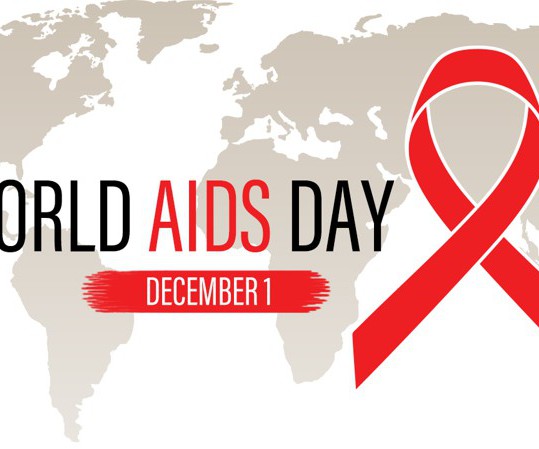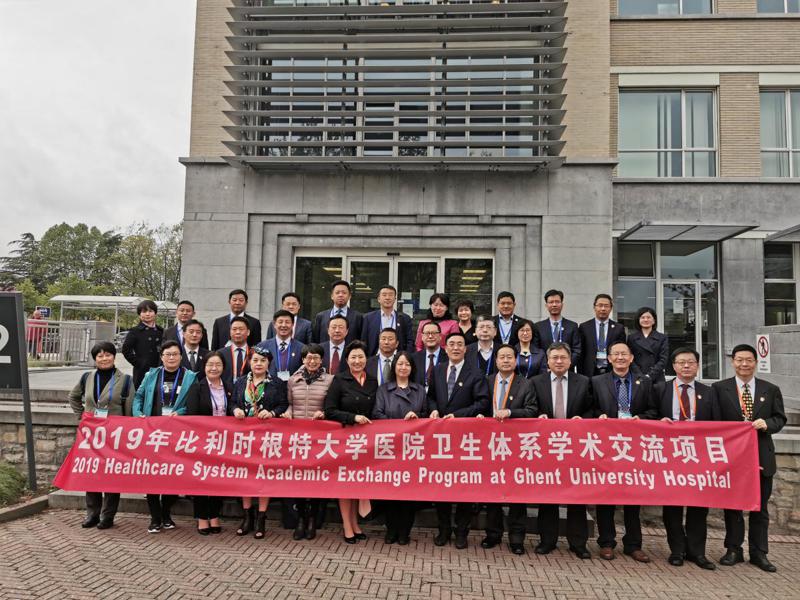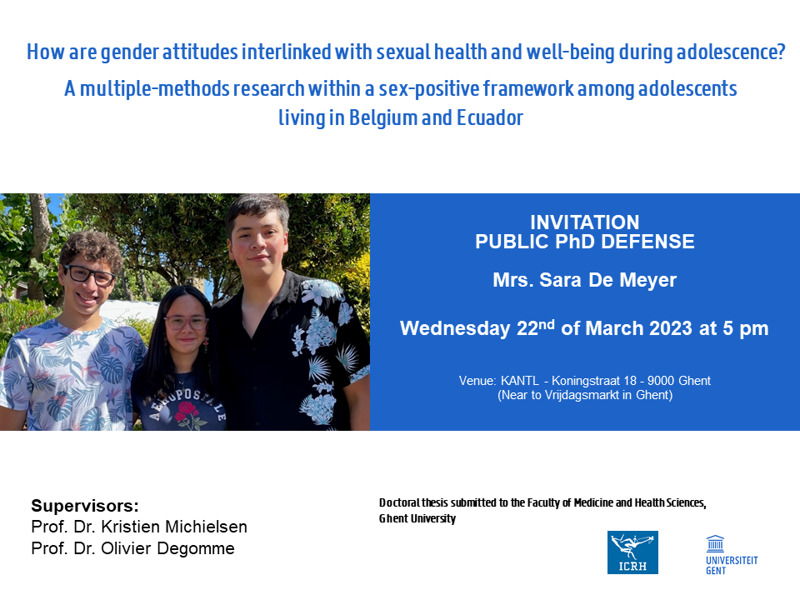World AIDS Day

It is our World AIDS Day aspiration to continue creating public awareness about HIV/AIDS-related issues throughout the year!
Today, the International Centre for Reproductive Health (ICRH) at Ghent University joins the worldwide commemoration of all those currently living with HIV or who lost their lives due to AIDS. Great advances have been made in fighting the epidemic with a decreasing HIV incidence in many parts of the world and an increasing number of people enrolled in life-saving treatment.
Nevertheless, important challenges remain. Incidence remains unacceptably high in specific populations in specific populations, such as adolescent girls and other key populations in Sub-Saharan Africa, and uptake in care is still insufficient. Retention in care and adherence to treatment remains challenging, and AIDS-related death rates too high. UNAIDS has set ambitious targets of zero new HIV infections, zero discrimination and zero AIDS-related deaths.
By 2020, 90% of all people living with HIV should know their HIV status, 90% of all people with HIV receive sustained antiretroviral therapy, and 90% of all people receiving antiretroviral therapy have viral suppression. ICRH is contributing to achieving these targets by conducting research that will provide answers on how to further reduce new infections in the most vulnerable populations, and how to improve enrolment and retention in care. Of particular interest to ICRH is HIV prevention among adolescent girls, in particular in Sub-Saharan Africa, as is linkage to and retention in care among this group. Other key populations of interest are sex workers, worldwide, and men-having-sex-with-men in Sub-Saharan Africa. ICRH also contributes to data-driven HIV prevention and treatment policies and practices by developing and applying novel epidemiological modelling tools. For example, how age-disparate relationships and multiple concurrent partnerships affect HIV transmission.
It is our World AIDS Day aspiration to continue creating public awareness about HIV/AIDS-related issues throughout the year and become an advocate for those who suffer from this illness. Finally, we are extending an invitation for researchers and policy makers to reach out to us if you are interested in the work we do and want to collaborate or support our work in the future.




